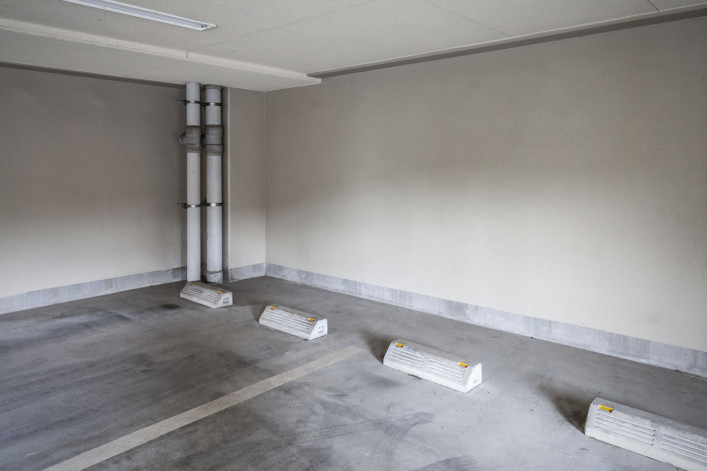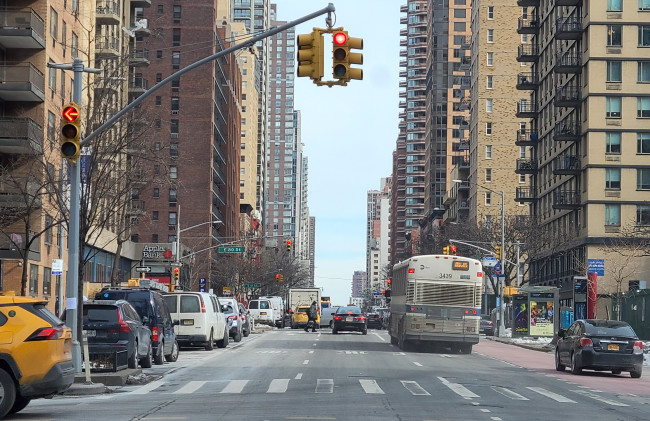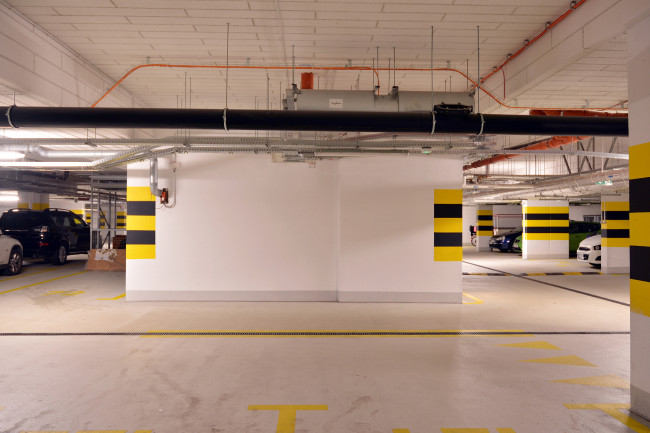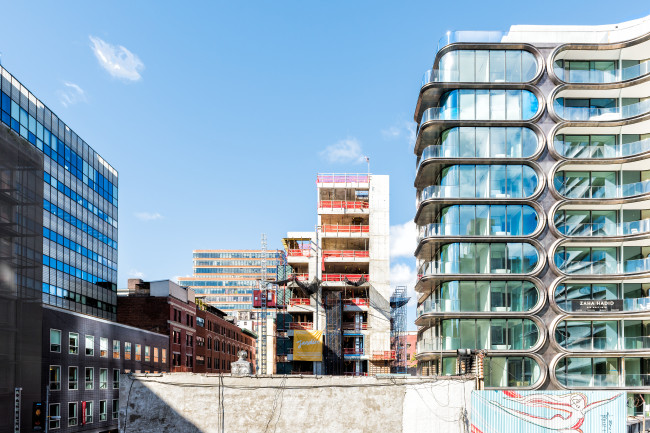We're moving into a new condo but the garage is not finished. Can we be reimbursed for parking expenses?

Most of the time parking is considered a separate item from the apartment in a new development's offering plan, and is not guaranteed to be finished upon move-in time, explains attorney Steven Kirkpatrick of Romer Debbas in a recent Brick Underground podcast.
iStock
We're buying in a new condo development and we negotiated for a parking spot as part of the deal. We're ready to move in, but the garage is still under construction. Can we be reimbursed if we pay to park in a lot elsewhere in the neighborhood?
It all depends on the terms of your purchase agreement, our experts say. If there is no language in that agreement guaranteeing you immediate use of your parking space, you probably won't be reimbursed for paying to park elsewhere until the garage is ready.
"Many offering plans and new construction purchase agreements provide that the sponsor or seller shall not be required to complete all of the amenities or portions of the building prior to a particular unit sale, and that the fact that any amenity or portion of the building shall not be a reason to delay the closing on of a residential unit," says Jeffrey Reich, a partner in the law firm of Schwartz Sladkus Reich Greenberg Atlas.
There are definite advantages to purchasing an apartment in a new development—especially now, when many developers are offering incentives and discounts to buyers—but a potential downside is delays in amenities or units themselves being ready to use on your desired timeline.
It's common, in fact, for developers in new condo buildings to include a provision in contracts that they can postpone closing because of construction delays. And because of the pandemic, developers may add additional language allowing for delays.
On the other hand, your contract might include some provision for a definite closing date, in which case you could potentially be paid back for parking expenses.
"There could be in the contract or offering plan a provision that the closing has to take place within a certain number of days after the offering plan was declared effective," says Kevin McConnell, a partner at HMGDJ law (FYI, a Brick sponsor). "If there is no provision for 'unlimited adjournments by the seller,' or if you are now beyond the time to close after the declaration of effectiveness, the buyer can have her attorney send a 'time of the essence' letter to the seller demanding a closing on a certain specific date."
In this case, you could pursue legal action against the seller, McConnell adds, like a court order to compel them to close, or to collect damages in the form of reimbursement for parking fees.
Most of the time, though, parking is considered a separate item from the apartment in a new development's offering plan, and is not guaranteed to be finished upon move-in time, explains real estate attorney Steven Kirkpatrick of Romer Debbas in a recent Brick Underground podcast. It's another good reason to closely read these plans when you're considering a purchase.
Trouble at home? Get your NYC apartment-dweller questions answered by an expert. Send your questions to experts@brickunderground.com.
For more Ask an Expert questions and answers, click here.
You Might Also Like































